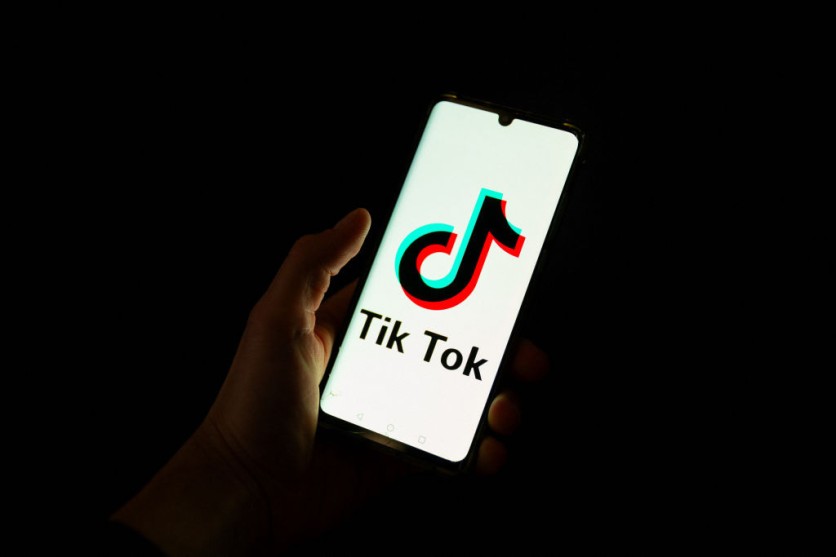TikTok, the immensely popular social media platform with over 1 billion users worldwide, has recently implemented new guidelines aimed at curbing content related to disordered eating, dangerous weight-loss practices, and the promotion of harmful weight-management products.
This move comes as TikTok faces increasing scrutiny over its content and operations, particularly in the United States, where there are regulatory challenges.

TikTok Takes a Hard Stance Against Disordered Eating Content
In recent years, TikTok has witnessed a significant proliferation of weight-loss content, where influencers often share detailed accounts of their weight-loss journeys, sometimes involving the use of prescription medications like Ozempic and Wegovy.
Adam Presser, TikTok's head of operations and trust and safety unit, emphasized the importance of these updated guidelines in providing greater clarity and transparency on content policies and enforcement.
"We're introducing a policy to make an entire account temporarily ineligible for recommendation in the For You feed if a creator repeatedly posts content that goes against our For You feed standards. Their account and content will be harder to find in search. We will notify creators when their account has been restricted in this way, and they will be able to appeal," Presser said in a statement.
The revised community guidelines now explicitly prohibit videos that depict, describe, or promote disordered eating, extreme low-calorie diets, binging and purging, misuse of weight-loss medications or supplements, and exercising through serious injuries or illness.
By taking this stance, TikTok aims to promote positive body image among its user base.
Additionally, TikTok has introduced age restrictions for content related to cosmetic surgery, limiting access to users aged 18 and above. This measure ensures that mature audiences appropriately manage and access potentially sensitive content.
These changes reflect TikTok's approach to addressing concerns around disordered eating and unhealthy weight-management practices prevalent on social media platforms.
The platform seeks to create a safer and more supportive environment for users, particularly young people who may be vulnerable to harmful influences related to body image and weight.
"We want TikTok to be a place that encourages self-esteem and does not promote negative social comparisons. We do not allow showing or promoting disordered eating or any dangerous weight loss behaviors," TikTok's new guidelines read.
TikTok's Increasing Scrutiny in the US and Europe
While TikTok remains a dominant force in the social media landscape, it has not been immune to regulatory challenges and public scrutiny.
In the United States, TikTok has faced potential bans and increased oversight due to concerns over content moderation, data privacy, and user safety.
In fact, the US has passed a bill that forces that platform to divest its Chinese ownership or face a nationwide ban.
The app is also facing intense scrutiny in the European Union (EU) after suspending its rewards program introduced in France and Spain due to concerns that it could promote addiction among young users.
Related Article : TikTok Halts Rewards Program Following EU Scrutiny

ⓒ 2025 TECHTIMES.com All rights reserved. Do not reproduce without permission.




